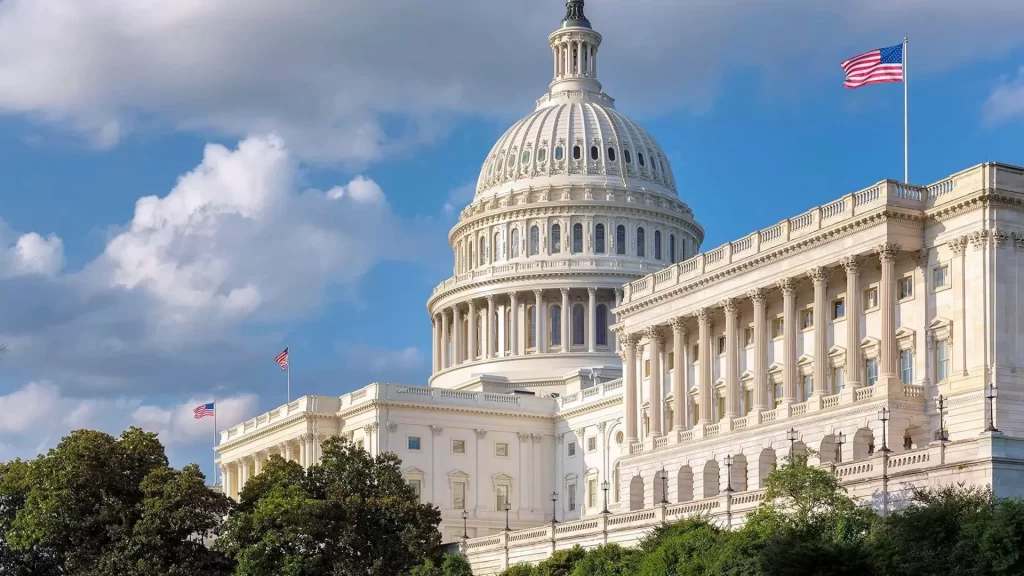In February, the revenue from sports betting in Washington, D.C., remained consistent with the same period last year, although it was significantly less than the $2.4 million earned in January 2023.
The total bets placed by players, known as the handle, was $12.0 million, a slight decrease from $12.6 million in February 2023 and 25% lower than the $16.0 million spent in January.
Caesars led the operator pack in February, generating $409,386 from $3.3 million in bets. GambetDC was a close second, with revenues of $403,646 from a higher handle of $5.3 million.
BetMGM and FanDuel followed, earning $294,651 and $84,220, respectively, with BetMGM’s bets totaling $2.6 million and FanDuel’s $565,595.
Among the Class B licensees, Grand Central, in partnership with Elys Game Technology, stood out with $25,946 in revenue from $234,615 in wagers.
Cloakbook, another operator, brought in $1,432 from $15,050 in total bets during February.
The monthly figures were released against the backdrop of significant potential changes in the D.C. sports betting landscape.
A notable development is the decision by the Office of Lottery and Gaming (OLG) to bring FanDuel into the fold as the sole sportsbook platform, potentially replacing GambetDC.
This decision was outlined in a letter to the D.C. City Council dated March 8, which highlighted FanDuel’s selection as a new subcontractor for the lottery’s sports wagering platform.
The exact launch date for FanDuel’s citywide platform remains unspecified.
The move to FanDuel comes after GambetDC, developed in partnership with Intralot, reported a loss of $4 million in 2021.
OLG’s executive director, Frank Suarez, expressed confidence in FanDuel’s capabilities, suggesting it would fare better in the competitive DMV region.
Additionally, D.C. councilman Kenyan McDuffie has proposed a bill aimed at opening up the city’s online sports betting market to more competition.
The bill introduces a new Class C license, allowing operators to offer online sports betting citywide.
Currently, GambetDC is the only option available across the entire district, while other operators are restricted to areas near their retail partners.
This legislation aims to create a more competitive and open market for consumers in Washington, D.C.
